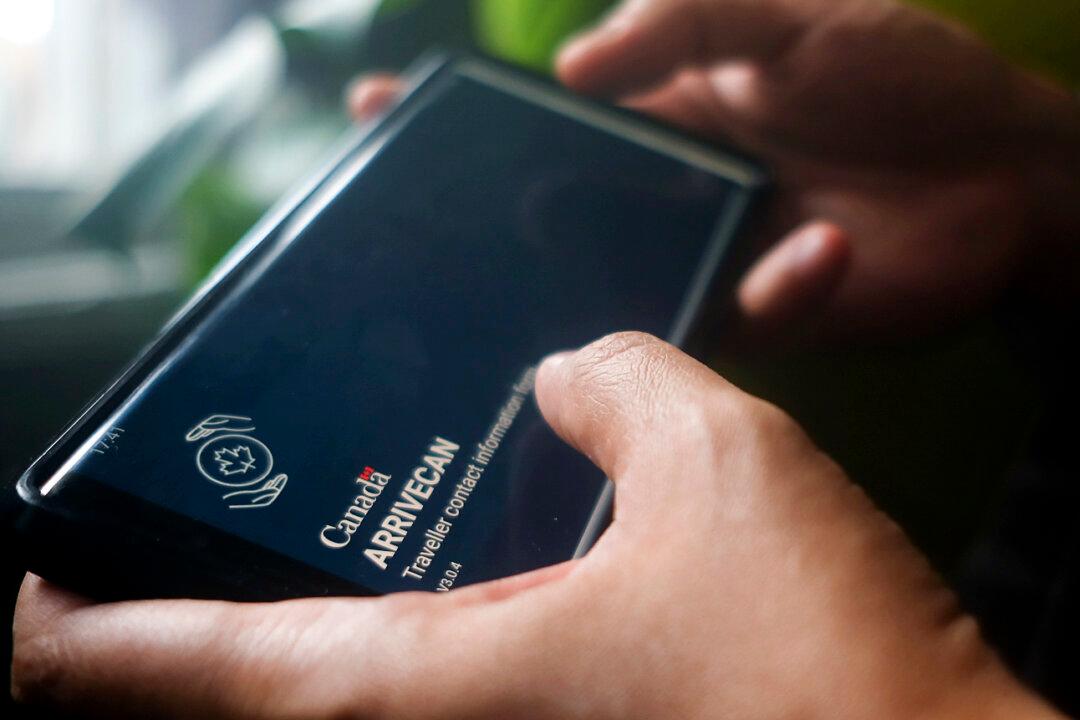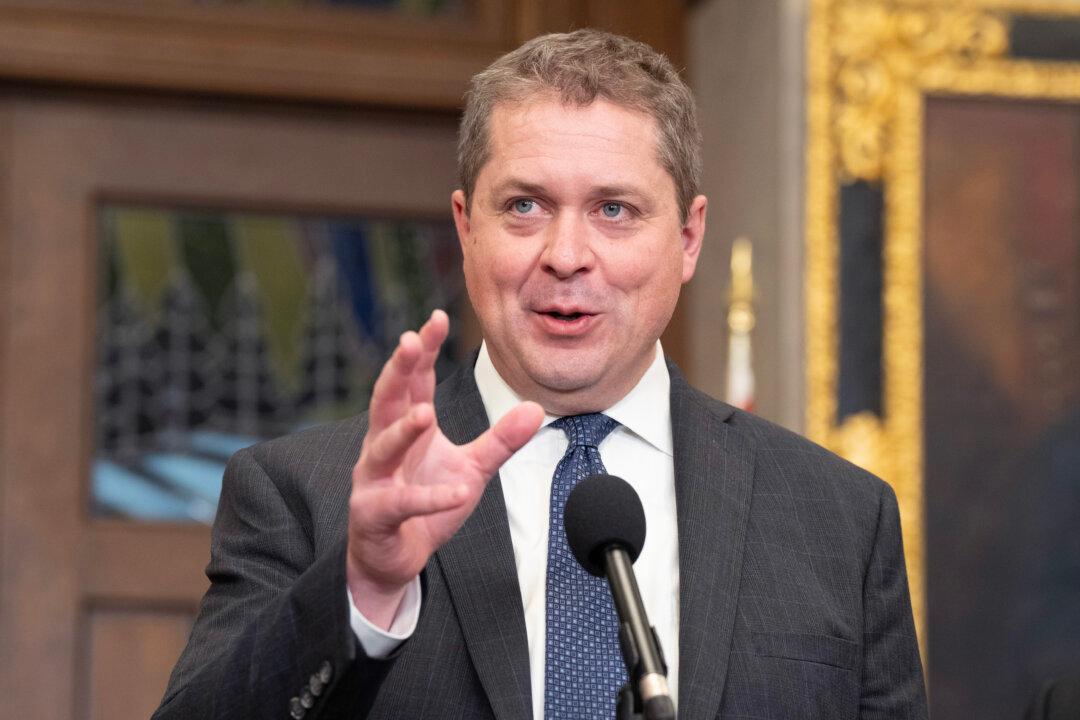Federal accountants were aware of irregularities with the ArriveCan application but were afraid of the consequences if they spoke out, according to a union executive.
Dany Richard, who heads the Association of Canadian Financial Officers representing federal public service accountants, comptrollers, and internal auditors, said as many as five accountants had “flagged their concerns to management” over the app.





